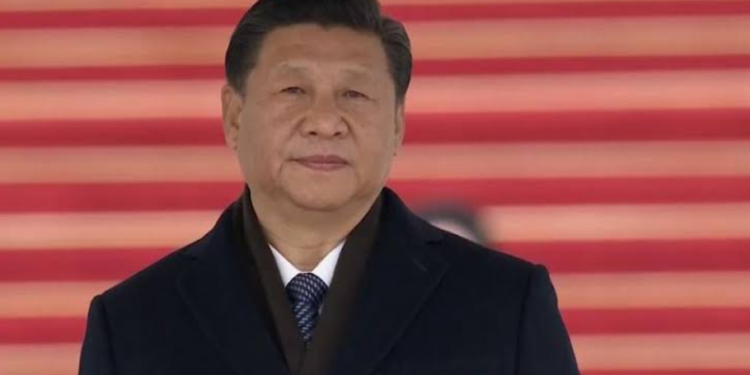The People’s Republic of China (PRC) has lost the chance to integrate the Republic of China (Popularly known as Taiwan) under the ‘One country, two systems’ with the reelection of incumbent Taiwanese President, Tsai Ing-wen. The Communist government of the People’s Republic of China had made every possible effort to ensure Tsai’s loss, given her ardent anti-Chinese stance, but, the people of Taiwan voted for Tsai.
Rattled with the victory of Tsai, the Chinese foreign ministry released a statement which reads “regardless of what happens in Taiwan, the basic facts won’t change: there is only one China in the world and Taiwan is part of China.”
Chinese government’s global mouthpiece, Global Times, published editorials, arguing the use of military to force the Taiwanese leader to mend her ways with the Communist government of China. Beijing needs plans to “crackdown on Tsai’s new provocative actions, including imposing military pressure, which is an unbearable option for Taiwan authorities,” wrote Global Times.
China also lashed out at countries that congratulated Taiwan and its leader, one of those countries being the United States which took pleasure in congratulating the Tsai-led government.
The U.S. congratulates Dr. Tsai Ing-wen on her re-election in #Taiwan's presidential election. Taiwan once again demonstrates the strength of its robust democratic system. Thank you President Tsai for your leadership in developing a strong U.S. partnership.
— Secretary Pompeo (@SecPompeo) January 11, 2020
“The Chinese side expresses strong dissatisfaction and resolute opposition to this,” said Chinese foreign ministry spokesman Geng Shuang. “We oppose any form of official exchange between Taiwan and countries that have established diplomatic relations with China,” he said in a statement.
Almost a year ago, the victory of Tsai looked impossible as her Democratic Progressive Party (DPP) lost the local elections very badly. But, events in Hong Kong- ruled under the ‘One Country, Two System’- in last few months, where the Communist government used the authoritarian practices to curb the protest, forced the people of Taiwan to vote otherwise.
Kuomintang party, led by China-friendly Han Kuo-yu, for whom the 2020 Presidential election looked like cakewalk a year ago, could garner less than 6 million votes, compared to 8 million by Tsai led DPP.
China set a bad example of ‘one country, two systems’ in Hong Kong, and this fuelled anti-China sentiment in Taiwan. The people of Taiwan fear that, if any government which is soft on China comes to power, the Communist giant will take over the island nation under the one country two systems, and after that, any democratic dissent by the people will be dealt with same brutality as in Hong Kong.
The 8 years of Kuomintang party rule from 2008 to 2016 raised the hopes of Communist regime regarding the ‘unification of entire China’, the ultimate agenda of Xi Jinping. But, in the 2016 Presidential election, Tsai, a pro-democracy and anti-China leader was elected, and since then, China has made every effort to sabotage Taiwanese freedom. However, the Chinese government has not been able to take any military action against Taiwan, given the American vow to protect the independence of the island nation.
In the last few months, especially since the Hong Kong episode started, the public opinion has turned against China. As per a poll by Taiwan’s mainland affairs council, only 10 per cent people want Taiwan’s integration with Mainland China, compared to 27 per cent voting for complete independence.
According to political analysts, Yun Jiang and Adam Ni, the victory of Tsai is “a resounding rejection of Beijing’s overtures and coercion aimed at unifying with the island nation.”
“Both Hong Kong and Taiwan illustrate that democratic societies are hard to control with an authoritarian mindset and toolkit. Beijing needs to rethink its strategy if it wants to pull Taiwan closer,” they added.
China could not consider the military option for the ‘unification’ of China despite the fact that the Taiwanese military is weaker. United States, under the leadership of Trump, has warmly cooperated with Taiwan and had extended unequivocal support to Taiwanese independence. And therefore, any military action against Taiwan is off the map, because it will irk all-powerful, all-pervasive Trump, and more importantly, the American establishment. Just after the announcement of victory, Tsai met US and Japanese envoys and called for closer ties.



























